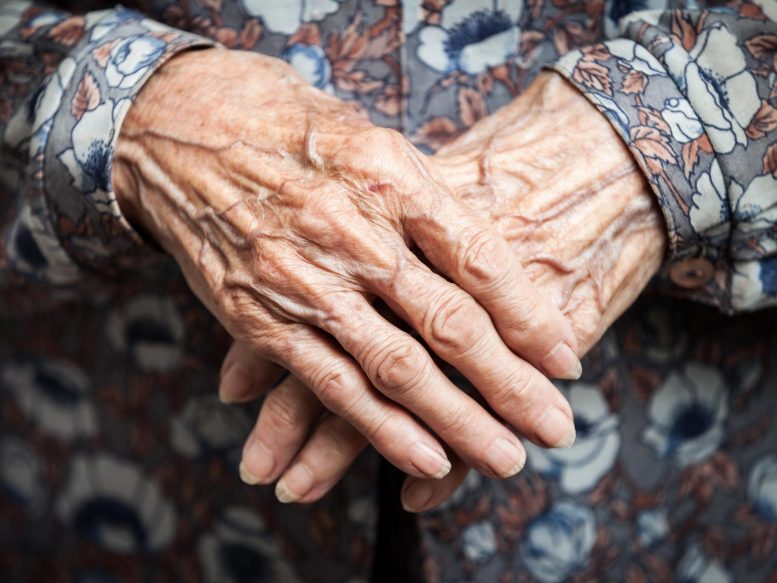
Cancer and its treatment can negatively impact aging-related processes.
New research published in the Journal of the American Geriatrics Society indicates that cancer survivors, especially older individuals, are more likely to experience accelerated functional decline as they age, compared with those without a history of cancer.
Between 2006 to 2019, 1728 men and women (aged 22 to 100 years) were evaluated, with 359 of these adults reporting a history of cancer. Among all participants, a history of cancer was associated with a 1.42 greater odds of weak grip strength. Among participants older than 65 years of age, those with a history of cancer had a 1.61 greater odds of slow gait speed than those with no cancer history, and they had lower physical performance scores. Also, older individuals with a history of cancer experienced steeper declines in grip strength and gait speed compared with older adults with no history of cancer.
“Findings from our study add to the evidence that cancer and its treatment may have adverse effects on aging-related processes, putting cancer survivors at risk for accelerated functional decline,” said senior author Lisa Gallicchio, PhD, of the National Cancer Institute. “Understanding which cancer survivors are at highest risk, and when the accelerated decline in physical functioning is most likely to begin, is important in developing interventions to prevent, mitigate, or reverse the adverse aging-related effects of cancer and its treatment.”
Reference: “Functional decline among older cancer survivors in the Baltimore longitudinal study of aging” by Arfan Siddique MPH, Eleanor M. Simonsick PhD and Lisa Gallicchio PhD, 3 August 2021, Journal of the American Geriatrics Society.
DOI: 10.1111/jgs.17369









Be the first to comment on "Cancer Survivors Are More Likely To Experience Accelerated Aging"